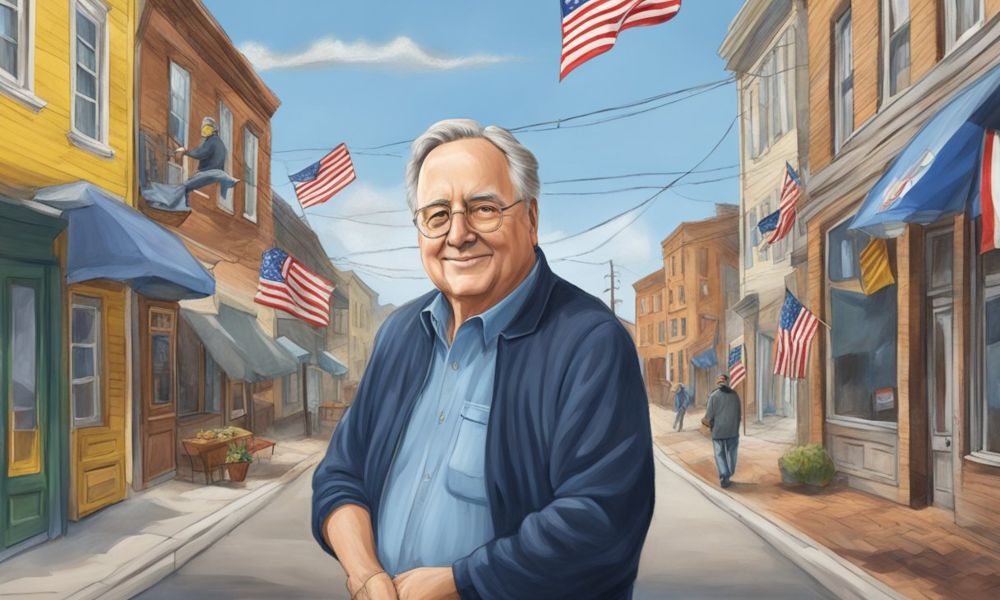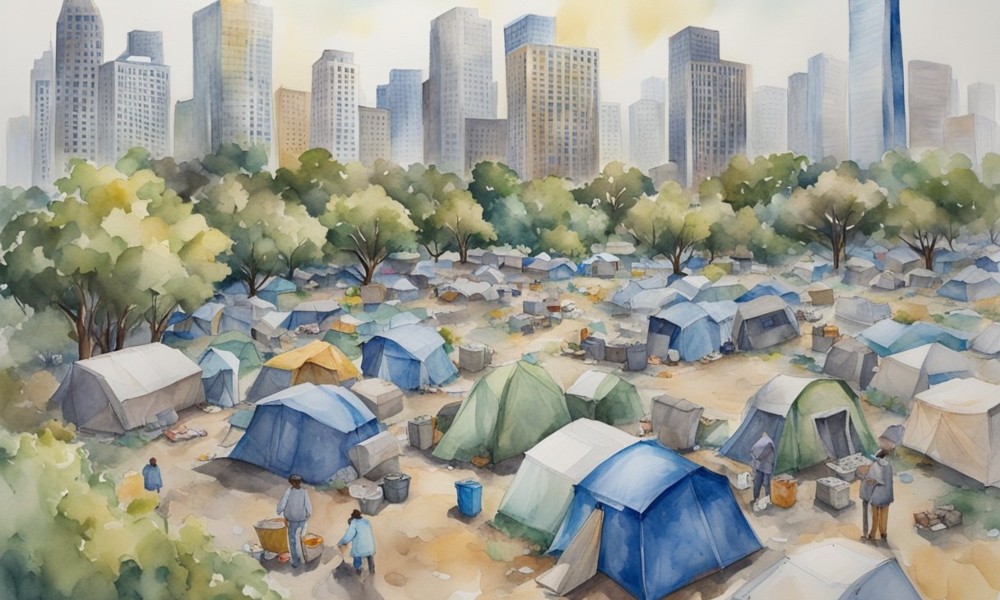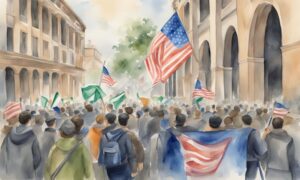A big court case could make it harder for cities to control homeless camps. This case is now going to the highest court in the U.S. It could have major effects across the whole country.
- Cities like Portland and Seattle have huge homeless camps taking over parks and streets
- A court said cities can’t arrest people for sleeping outside if they have nowhere else to go
- The Supreme Court will decide if cities can enforce rules against homeless camping
- If the court sides with the homeless, the crisis in the Northwest could spread to your town
Does your city have a plan if homeless camps start popping up everywhere? Read on to learn more.
The Homeless Camping Court Case Explained Simply
In 2017, homeless people in Grants Pass, Oregon were getting tickets just for sleeping outside with a blanket. They sued the city, saying it’s cruel to punish them when they had nowhere else to go.
A district court agreed. It said cities can’t make it illegal for homeless people to sleep outdoors if there’s no shelter space for them. An appeals court also sided with the homeless.
Now the city of Grants Pass has asked the Supreme Court to overturn those rulings. The city’s lawyer says homeless camps are unsafe and unhealthy. He argues cities need to be able to regulate camping to get homeless people into shelters.
Severe Homelessness Crisis on the West Coast
On the West Coast, especially in Portland and Seattle, huge homeless encampments have taken over parks and public spaces. Trash and human waste piles up. Fires sometimes break out from camping stoves.
City leaders say their hands are tied due to the court rulings protecting homeless camping. They want the Supreme Court to give them back the power to clear encampments and enforce rules about where people can camp.
A lawyer fighting for the homeless argues people will die of hypothermia if they’re banned from using blankets outdoors when shelters are full. He calls the city’s anti-camping laws “cruel and unusual punishment.”
The Reality of Living Unsheltered
Dr. Bruce Murray has treated homeless people in Grants Pass for over 35 years. He’s seen horrible injuries from living outside like frostbite, trench foot, and frozen limbs that required amputation.
“Living outside in tents is not a joy,” Dr. Murray says. “People don’t choose to live this lifestyle.”
Brian Bauler runs a local homeless shelter. He says his shelter has never been full since 2020. Other shelters in the area also have open beds.
But homeless advocates argue that many shelters have strict rules, curfews, and won’t accept full families or couples together. Living outdoors may be the only option for some.
Could Your City Be Next?
Right now, only cities on the West Coast have to follow the court ruling allowing homeless camping when shelters are full. But if the Supreme Court upholds that decision, it could create a new national standard.
The city’s lawyer warned: “What’s going on on the West Coast is what’s coming to a neighborhood near you” if the Supreme Court sides with the homeless advocates.
But if the city wins, critics say it could leave vulnerable people with nowhere to legally exist. As one doctor put it: “If they criminalize living in parks, we don’t have any alternative. It’s not like they have anywhere else to go.”
A Complex Issue With No Easy Solution
Most people agree homelessness is a crisis that needs to be addressed humanely. But there’s deep disagreement on how to handle homeless encampments while also keeping public spaces clean and safe.
No matter how the Supreme Court rules, it’s unlikely to solve the underlying affordable housing shortage and lack of resources that drive severe homelessness across America.
What do you think cities should do to balance public health with protecting the rights of those living on the streets? It’s a tough issue with no simple answers.
* * *
Photo credit: AI
















